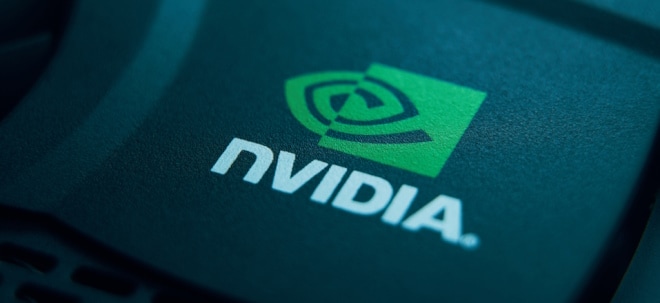Sanofi and Regeneron Pharmaceuticals Inc. (REGN)’s experimental treatment alirocumab lowered cholesterol three times more than Merck & Co. (MRK)’s Zetia in the first late-stage study of a drug that may garner $3 billion sales annually.
In a trial dubbed Odyssey Mono that involved 103 patients, alirocumab reduced levels of LDL, so-called bad cholesterol, by 47 percent after 24 weeks of treatment, compared with 16 percent among those receiving Zetia, the companies said in an e-mailed statement today.
Alirocumab has so far shown “an unprecedented reduction in LDL,” Jay Edelberg, the executive overseeing the drug’s development for Sanofi, said in a telephone interview. “It offers the promise of being able to get patients to and below their LDL targets. It would be a big deal for patients.”
The results give Paris-based Sanofi (SAN) the lead in a race with Amgen Inc. (AMGN), Pfizer Inc. (PFE) and Roche Holding AG (ROG) to be first to market with a new class of drugs called PCSK9 inhibitors. Sanofi and Regeneron aim to begin selling the medicine by the end of 2015 and to make it available worldwide in 2016, Edelberg said. Annual sales may total more than $3 billion by 2025, according to Alistair Campbell, an analyst at Berenberg Bank in London. That would help Sanofi replace revenue lost to generic competitors of its Plavix and Lovenox blood thinners
MFG
Chali
|
 1 |
2 |
|
4
1 |
2 |
|
4



 Thread abonnieren
Thread abonnieren

